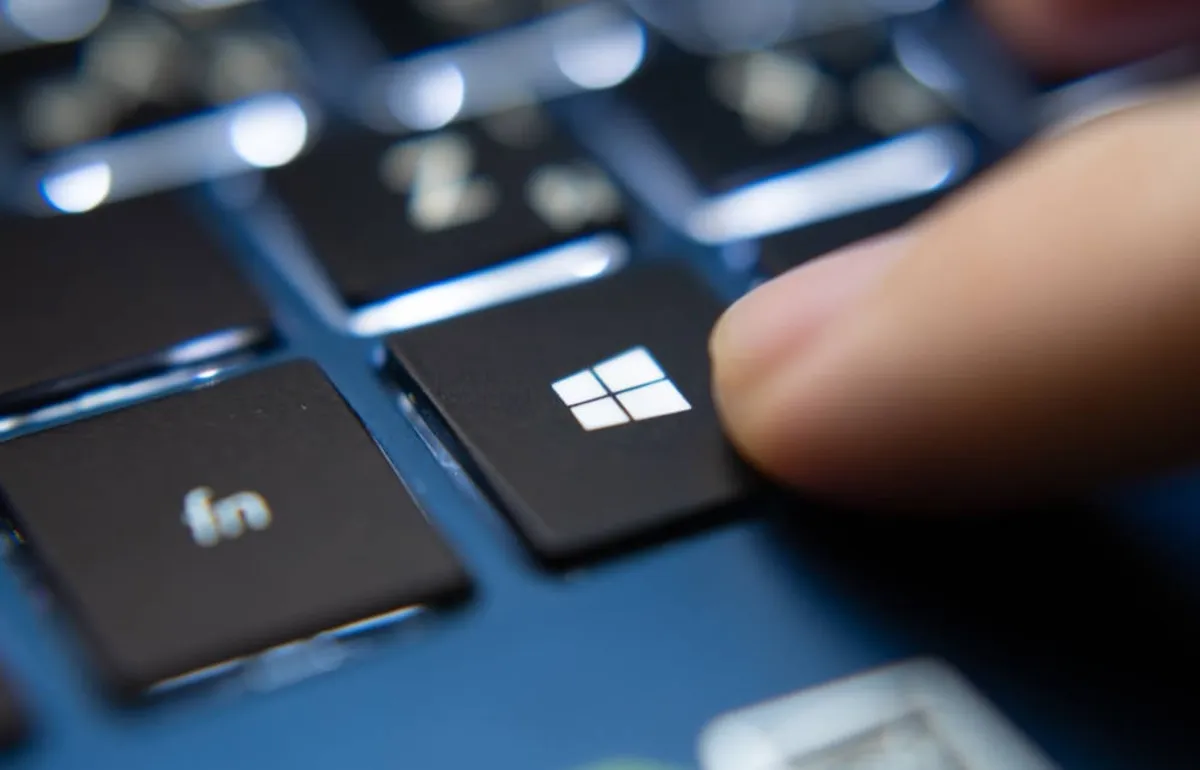
Microsoft has recently announced a significant policy change that affects consumers in the European Economic Area (EEA). The tech giant will now provide no-cost Extended Security Updates (ESU) for Windows 10 users, a move that comes as the operating system approaches its end-of-life (EOL) date. Initially, Microsoft had informed users globally that they would need to pay a one-time fee of $30 for a year of extended support following the official support cessation on October 14, 2025. However, a free option was later introduced, allowing customers to utilize their Microsoft Reward Points or back up their settings to the cloud via Windows Backup.
Despite these options, the consumer rights group Euroconsumers, based in Luxembourg and Brussels, deemed Microsoft's initial policy insufficient. In July, the organization reached out to Microsoft, arguing that the company's support structure was not compliant with the Digital Markets Act (DMA), the Digital Content Directive, or the EU's sustainability objectives. This correspondence prompted Microsoft to reconsider its stance, leading to the recent announcement of free ESU for EEA consumers.
In a letter from Euroconsumers' head of litigation, Marco Scialdone, it was confirmed that the no-cost ESU option would be available to Windows 10 users in the EEA. While users will still need a Microsoft account to access these updates, Euroconsumers believes that this requirement does not violate the DMA. Scialdone expressed satisfaction that this new option does not compel users to back up their settings, apps, or credentials, nor does it require engagement with Microsoft Rewards, addressing their primary concern regarding the policy.
Despite the positive changes, Euroconsumers has pointed out that Microsoft's strategy does not fully resolve the issues raised in their initial correspondence. The one-year extension of support falls short of the intentions behind the Digital Content Directive and the EU's broader sustainability goals. The transition from Windows 10 to Windows 11 imposes new hardware requirements, particularly the need for a Trusted Platform Module, which could force many users to purchase new devices.
Estimates suggest that over 850 million active devices are still running Windows 10 and may not be able to upgrade due to these hardware limitations. This situation is a stark contrast to previous upgrades from Windows 7 or 8 to Windows 10, which did not impose such constraints. Scialdone’s letter emphasized that the timeline for phasing out Windows 10 is significantly shorter than past transitions, affecting many consumers who rely on older, yet functional, devices. According to their survey, 22% of consumers are still using PCs or laptops from 2017 or earlier, which cannot be upgraded to Windows 11 but continue to meet everyday needs.
Euroconsumers plans to continue its dialogue with Microsoft over the coming year, aiming to extend device protection for consumers. As the situation develops, questions arise regarding whether this reprieve for European Windows 10 users will also extend to consumers in the UK when the EOL arrives on October 14. As of now, attempts to obtain clarity from Microsoft have been met with silence, leaving many users in a state of uncertainty.
As Microsoft navigates this complex landscape, users are advised to stay informed about any further updates regarding Windows 10 support and the overarching implications for their devices.